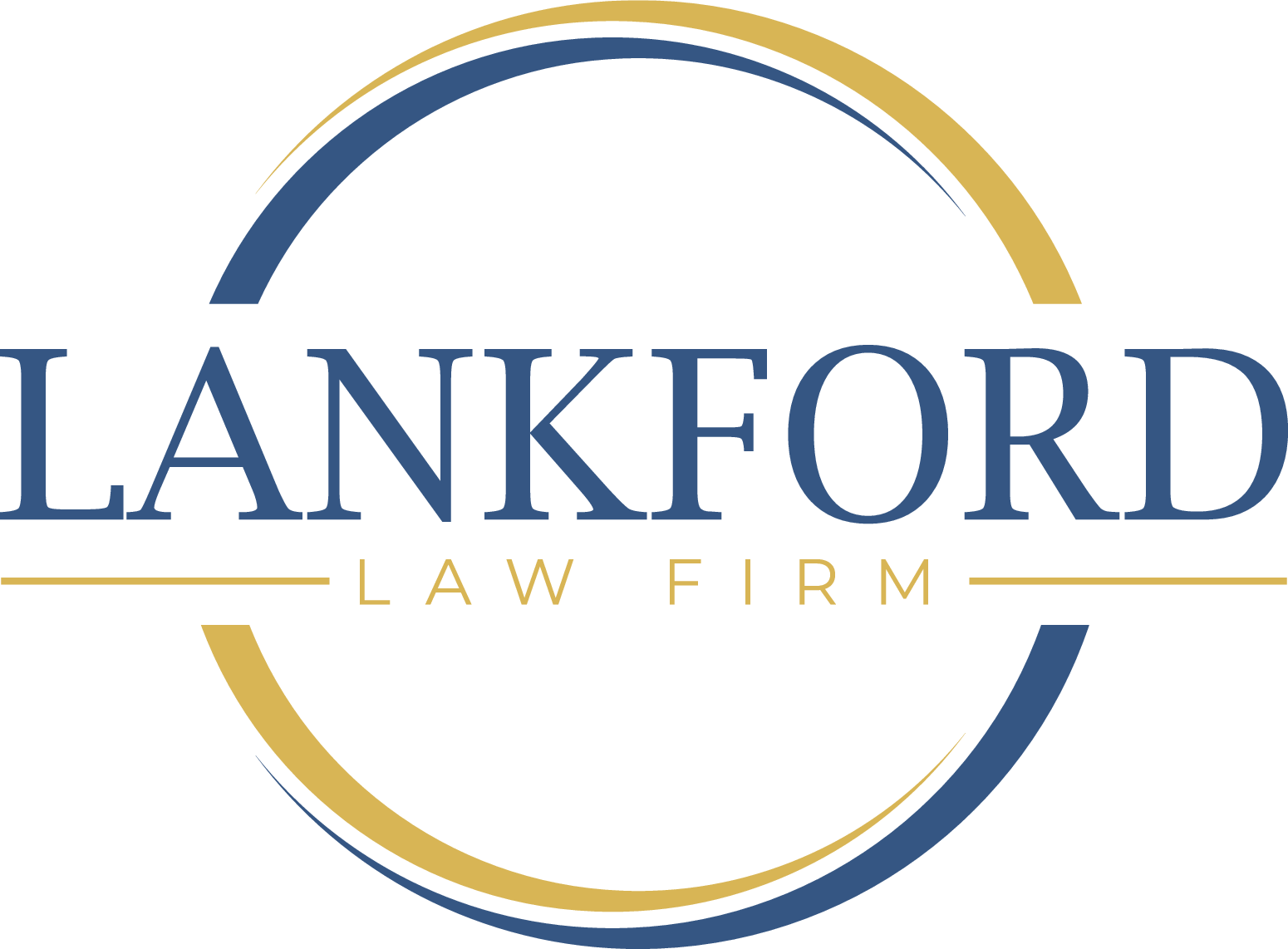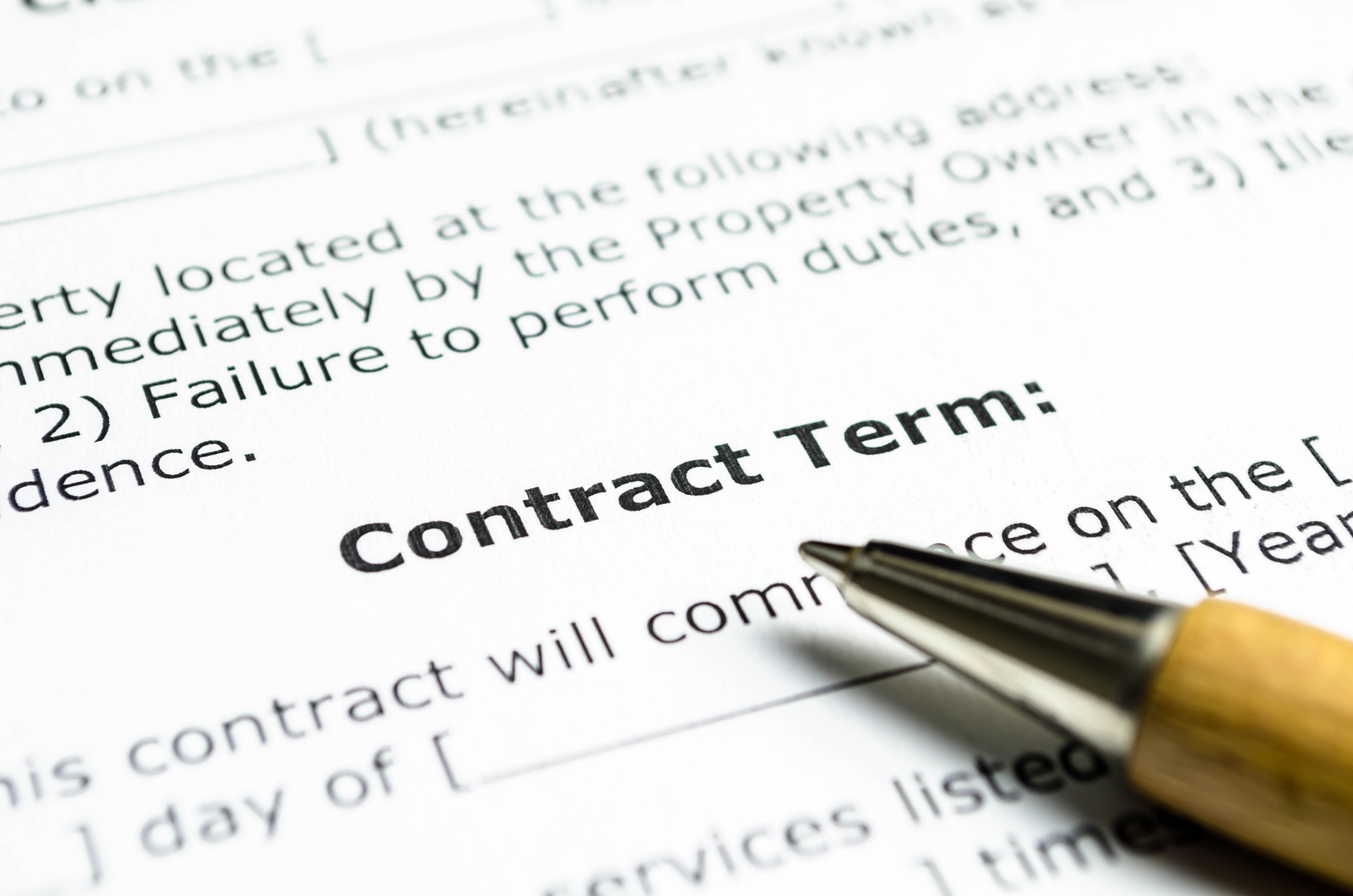Strategies for Small Businesses to Resolve Contract Disputes
Disputes over contract terms are a common challenge for small businesses. These conflicts can result from misunderstandings, vague language, or differing interpretations of the agreement. Resolving such disputes is crucial to maintaining business relationships, protecting your company’s interests, and minimizing legal costs. There are several strategies small businesses can use to handle contract disputes successfully.
Clear and Detailed Contracts
The best way to resolve contract disputes is to prevent them from occurring. This begins with drafting clear and detailed contracts. Make sure all terms, obligations, and expectations are explicitly stated. Avoid vague language and ensure both parties fully understand the contract before signing.
Key Elements of a Well-Drafted Contract
- Clear Definitions: Define all key terms to avoid ambiguity.
- Specific Obligations: Clearly outline the responsibilities of each party.
- Payment Terms: Detail payment amounts, due dates, and consequences of late payments.
- Termination Clause: Specify how and under what conditions the contract can be terminated.
- Dispute Resolution: Include a clause that outlines how disputes will be handled.
Maintain Open Communication
Effective communication is vital in resolving contract disputes. When a potential conflict arises, address it promptly with the other party. Open, honest, and respectful communication can prevent misunderstandings from escalating into full-blown disputes.
Listen Actively
Active listening is about truly understanding the other party’s perspective and concerns. This means paying full attention to what they are saying, asking clarifying questions, and refraining from interrupting. By showing that you value their input and are willing to consider their point of view, you can build mutual respect and make it easier to find common ground.
Be Transparent
Openness and honesty are critical to building trust and resolving disputes efficiently. Transparency helps prevent misunderstandings and shows that you are acting in good faith. Being upfront about issues or mistakes can lead to quicker resolutions and demonstrate your commitment to fairness and integrity.
Document Everything
A detailed record of all communications is essential for future reference and accountability. Documenting conversations, emails, and meetings provides a clear trail of the discussions and agreements made during the dispute resolution process. These records can be valuable if the dispute escalates or there are disagreements about what was discussed or decided.
Negotiation and Mediation
When disputes arise, negotiation is often the first step towards resolution. Negotiation allows both parties to discuss their issues and work towards a mutually beneficial solution. If negotiation fails, mediation can be an effective alternative.
Mediation involves a neutral third party who guides the discussion and moves the parties toward a resolution. Mediation is generally more cost-effective than a lawsuit, which makes it an attractive option for small businesses looking to manage expenses. Mediation is also a confidential process that keeps the details of the dispute private. Mediation allows the parties involved to maintain control over the outcome rather than leaving the decision to a judge or arbitrator. This level of control can lead to more satisfactory and customized resolutions. Furthermore, mediation is less adversarial, which helps to preserve business relationships by fostering a collaborative rather than confrontational approach to resolving conflicts.
Arbitration
Arbitration may be the next step if negotiation and mediation do not resolve the dispute. Arbitration involves a neutral third party, an arbitrator, who hears both sides of the conflict and makes a binding decision. Arbitration offers several distinct benefits for dispute resolution. The arbitrator’s decision is binding and enforceable, providing a definitive resolution to the conflict. This process also offers flexibility, allowing the parties to choose the arbitrator and set the rules for the proceedings. Typically quicker than litigation, arbitration can accelerate the resolution process. Additionally, it maintains confidentiality, ensuring that the details and outcomes remain private and are not publicly disclosed.
Litigation
When other methods fail, litigation may be necessary. Litigation brings the conflict to court, where a judge or jury will hear the case and make a binding decision. While litigation can be costly and time-consuming, it may be the only option in some cases.
Consult an Attorney
A lawyer can play a crucial role in helping small businesses resolve disputes over contract terms. They draft and review contracts to ensure clarity and legality to help prevent disputes. If there is a dispute, lawyers can negotiate on behalf of the business, mediate discussions, and represent the business in mediation or arbitration to achieve binding resolutions. If disputes escalate to litigation, a lawyer’s expertise in filing lawsuits, responding to legal actions, and representing the business in court becomes indispensable. Additionally, lawyers provide ongoing risk management advice, help develop strategies to minimize future disputes, and maintain thorough documentation and records.
Review and Learn
After resolving a contract dispute, take the time to review what happened and identify any lessons learned. A review can help prevent similar issues in the future and improve your contract management processes. This process involves analyzing the dispute to identify weaknesses in your contract drafting or negotiation processes. Once these weaknesses are pinpointed, implement necessary changes to your procedures, contracts, or communication strategies to prevent similar issues in the future. Additionally, train your employees to understand the importance of clear contracts and effective dispute resolution. This proactive approach helps to strengthen your business practices and mitigate the risk of future disputes.
Resolve Your Contract Disputes
Are contract disputes disrupting your business? Get the legal assistance you need to resolve conflicts and protect your interests. The Lankford Law Firm helps small businesses navigate complex contract issues with ease. We have a deep understanding of contract law and work to ensure your rights are protected. Contact the Lankford Law Firm at 850-888-8992 for a consultation, and let us be your legal partner.


 Call Us Now
Call Us Now Email Us Now
Email Us Now


